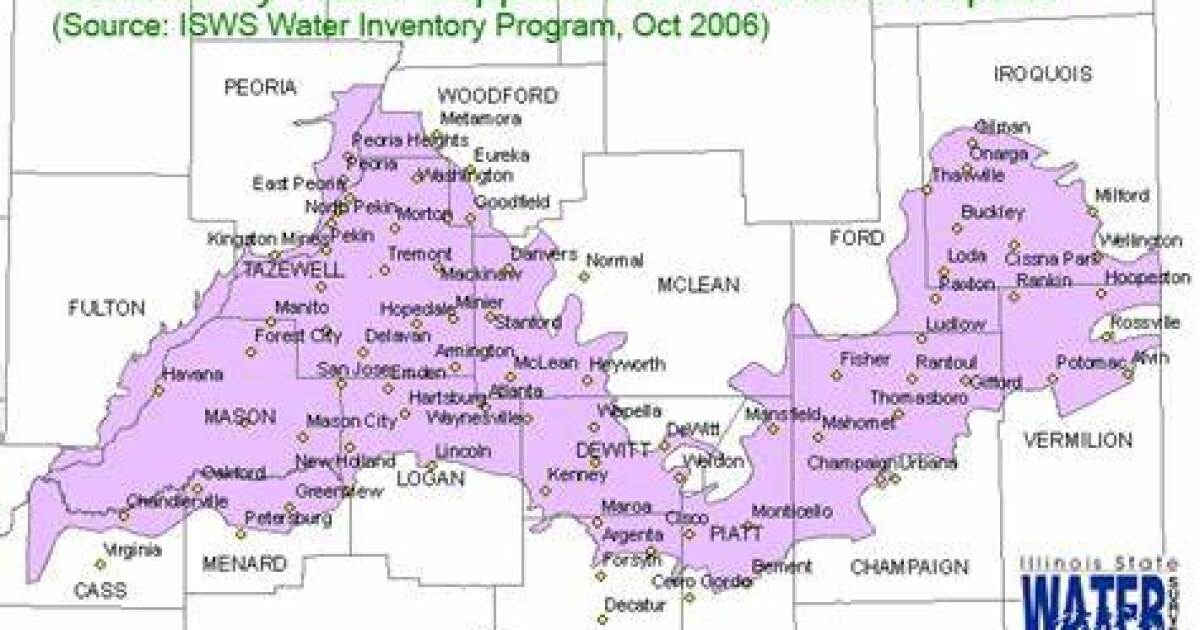
The mayor of Normal has concerns about carbon capture wells.
So-called “carbon sequestration” takes carbon dioxide produced by industrial processes like ethanol plants, compresses it to a liquid form, pipes it across the Midwest, and injects it deep under bedrock layers in places like Decatur, and potentially McLean County. There are tax benefits, and the technology is supposed to help combat climate change.
But Normal Mayor Chris Koos said it’s a potential water quality issue, too.
“I’m very much concerned about drilling wells through the aquifer. Their idea is it will go below the aquifer, but we know from pipelines that currently exist they fail sometimes,” said Koos.
And if they do, Koos worries about leakage upward into the Mahomet Aquifer that supplies drinking water to numerous municipalities in the region, including residents of the Town of Normal.
“A huge discharge of carbon dioxide into the aquifer would acidify the water. I don’t know that it would make it undrinkable, but it would certainly make it more expensive to process into potable water,” said Koos.
Koos said he is in early talks with regional mayors and might pursue a coalition to intervene in carbon capture cases before the Illinois Commerce Commission.
“I think things are moving faster than our ability to react. The onus is on us to get going as fast as we can,” said Koos.
Such a coalition would be modeled on the Mahomet Aquifer Coalition that fought against a hazardous materials landfill near Clinton some years ago.
“The Mahomet Aquifer provides water for over a million people and the idea of threatening that aquifer gives me concern. Yeah, we need to act,” said Koos.
A petition to intervene means the town could file papers and statements with the commerce commission and present expert testimony on carbon pipeline cases.
The ICC will consider a pipeline proposal in Januarythat does not run through McLean County. But a potential well site for another carbon company is within the county borders. The McLean County Board is likely to consider a rules change regulating the placement of carbon injection well sites.
The federal government is still writing rules that will govern high-pressure carbon dioxide pipelines.

